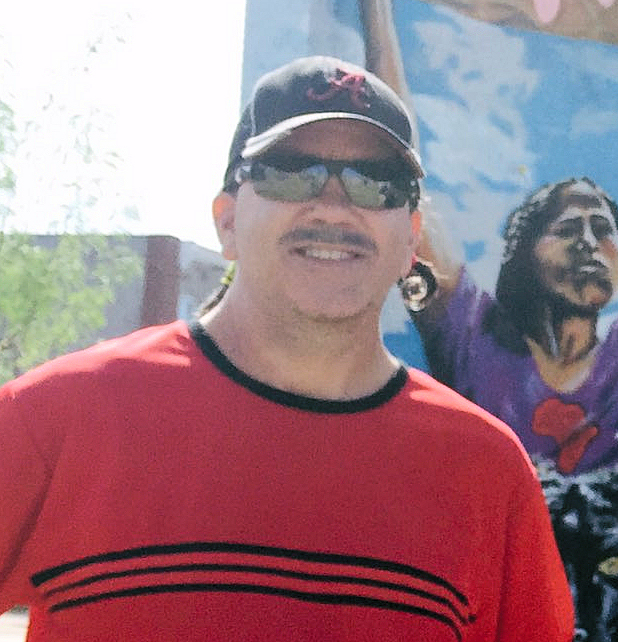Former Libyan General Khalifa Hifter is a naturalized American citizen leading one side of the civil war in Libya, and he spend 20 years in suburban Virginia, under the auspices of the CIA.
In 1991, the New York Times reported that 350 exiled "Libyan soldiers were trained by American intelligence officials in sabotage and other guerrilla skills. The plan to use the exiles fit neatly into the Reagan Administration's eagerness to topple Colonel [Muammar] Qaddafi."
Former Libyan General Khalifa Hifter was the leader of that group, the Libyan National Army, and was one of those flown to the United States and granted exile.
Switched sides in the '80s
Born in 1943 in eastern Libya, Hifter was an army officer when he participated in the coup that brought Qaddafi to power in 1969. But in the late 1980s, Hifter was captured in neighboring Chad while fighting for Qaddafi's army. Qaddafi refused to admit that any Libyans were being held captive in Chad, and thus, many of those captives formed an anti-Qaddafi insurgent group while imprisoned. Shortly thereafter, Hifter and others were flown by the U.S. Air Force to New York for resettlement.
Leader of a U.S. based "contra-style group"
A 1996 Congressional Research Service report claimed that Hifter began "preparing an army to march on Libya." The report also stated that the Libyan National Army is in exile "with many of its members in the United States."
In the same year, the Washington Post reported that Hifter was alleged to be the leader of "a contra-style group based in the United States called the Libyan National Army."
Hifter "spent most of the previous two decades, at least some of that time working with the Central Intelligence Agency," according to the New Yorker magazine.
The New York Times' Ethan Chorin reported that he found "many traces of a long relationship between General Hifter, the United States and the National Front for the Salvation of Libya, the main exile group opposing Colonel Qaddafi at the time. These included assertions that the CIA recruited General Hifter to help prepare military activity against [Qaddafi]. General Hifter settled in Virginia and ... was put in charge of training like-minded Libyans as prospective insurgents."
"So a former Qaddafi general who switches sides is admitted to the United States, puts down roots in Virginia outside Washington, D.C. and then somehow supports his family in a manner that mystifies a fellow who has known Hifter his whole life. Hmm," pondered Russ Baker in the Business Insider.
"The likelihood that Hifter was brought in to be some kind of asset is pretty high. Just as figures like Ahmed Chalabi were cultivated for a post-Saddam Iraq, Hifter may have played a similar role as American intelligence prepared for a chance in Libya," Baker continued.
Hifter and the 2011 U.S. intervention in Libya
On March 20, 2011, the United States joined France and Great Britain in an air attack against Libya. Eleven days later, Dennis Kucinich (D-OH) addressed congress.
Kucinich challenged the Obama administration's widely-accepted narrative that the U.S. intervention was being conducted to prevent a deepening of the humanitarian crisis caused by the Qaddafi government.
Kucinich pointed out that it was the Libyan National Army's "call for opposition to the Qaddafi regime in February which was the catalyst of the conflict which precipitated the humanitarian crisis which is now used to justify our intervention ... But I ask ... how spontaneous was this rebellion?"
Kucinich continued, "the new leader of Libya's opposition military left for Libya two weeks ago, apparently around the same time the president signed the covert operations order ... The new leader spent the past two decades of his life in Libya? No. In suburban Virginia, where he had no visible means of support. His name, Colonel Khalifa Hifter. One wonders when he planned his trip ... and who is his travel agency?"
"Like Clint Eastwood"
Hifter returned to Libya expecting to have no problem winning over others who were attempting to oust Qaddafi.
(Note: You can view every article as one long page if you sign up as an Advocate Member, or higher).






